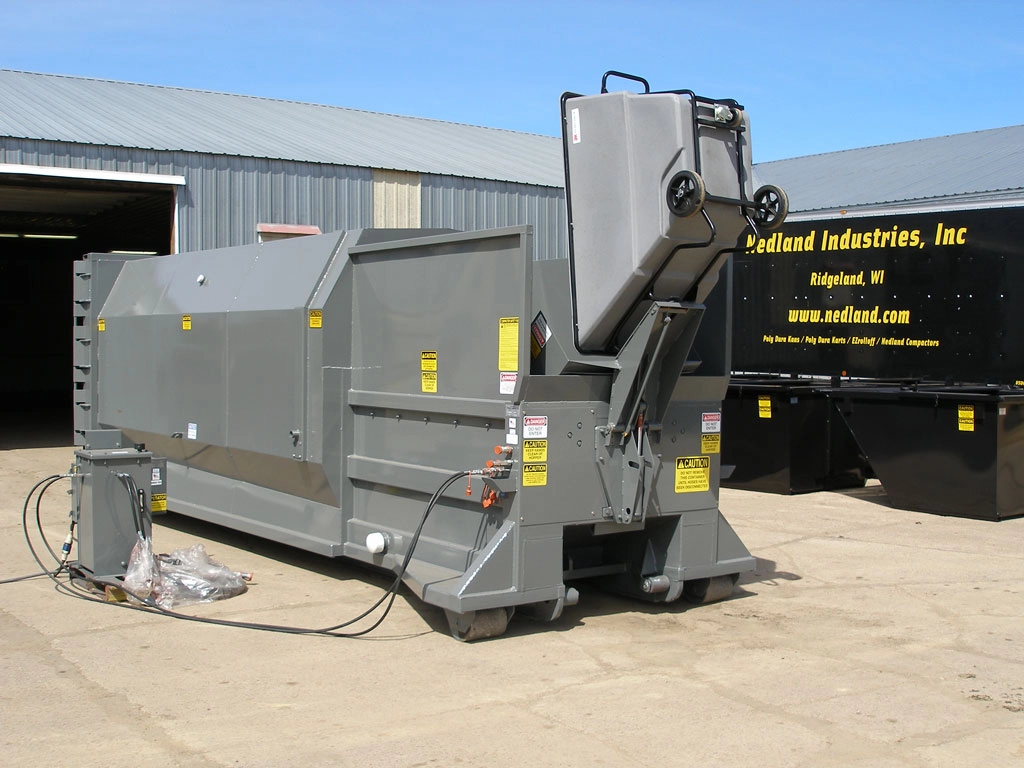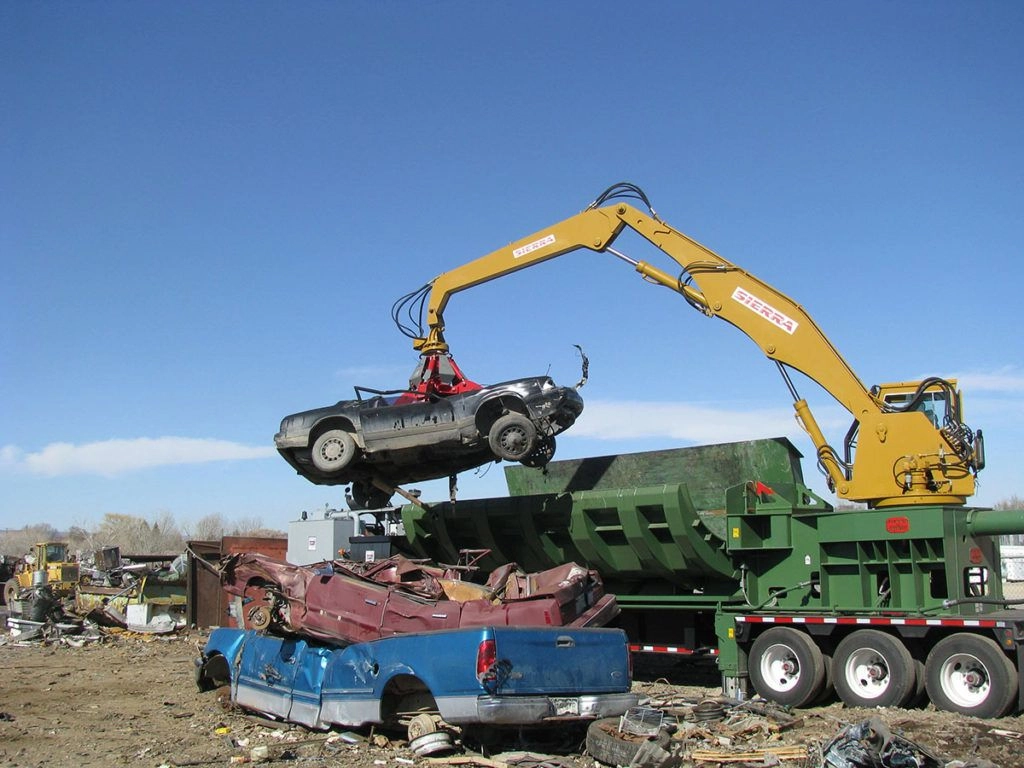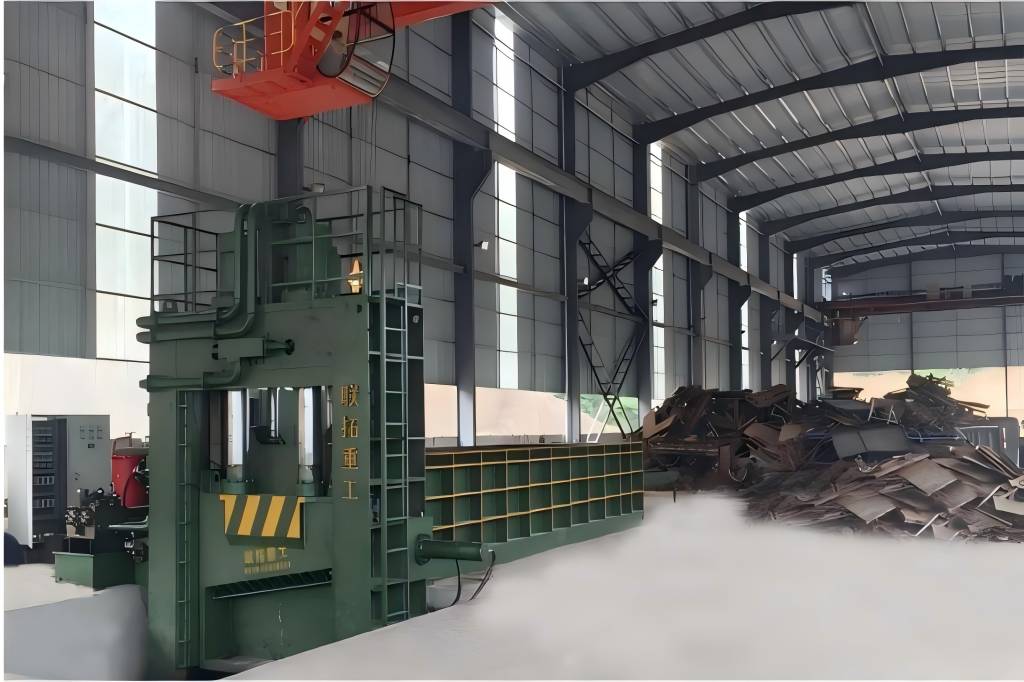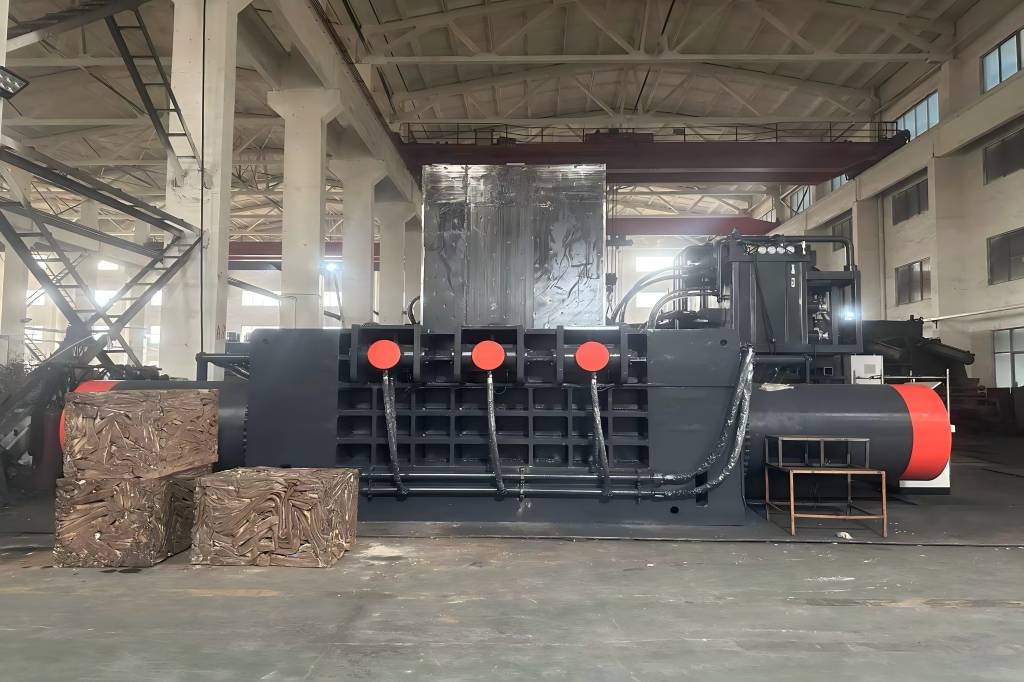An industrial compactor is a powerful machine used in various sectors to reduce the size of material waste by compressing it into smaller, manageable volumes. These machines are crucial for optimizing waste management processes, strengthening recycling efforts, and improving facility operational efficiency.
Industrial compactors are widely used across manufacturing, food processing, and waste disposal industries to handle everything from general waste to specific recyclables like cardboard and metals.
This introduction will explore the functionality and benefits of industrial compactors in detail.
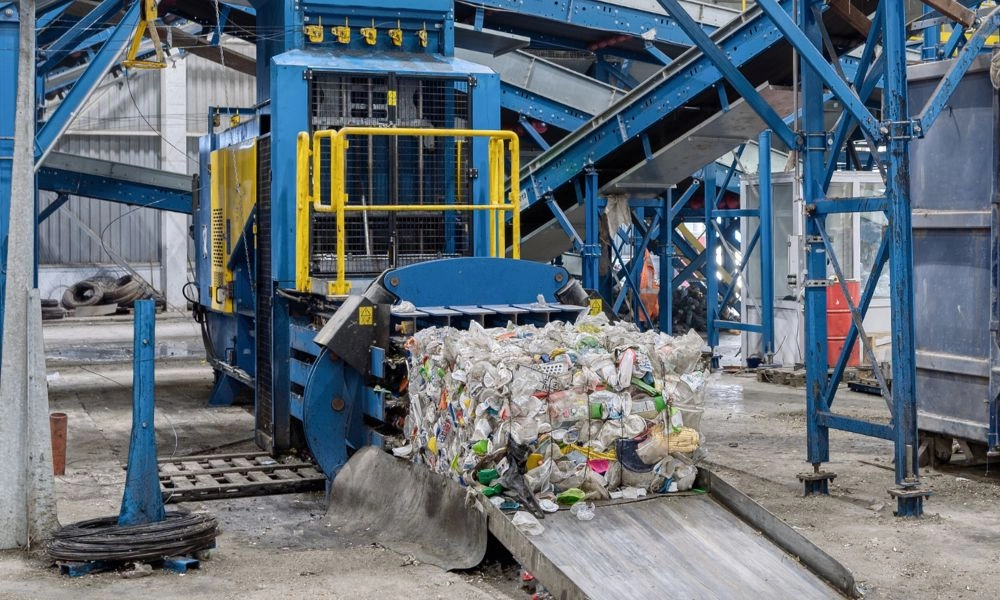
Types of Industrial Compactors
Industrial compactors come in various types, each designed to meet specific needs within different industrial environments:
1. Stationary Compactors:
These are commonly used for dry waste and recyclables such as metal and plastics, typically found at manufacturing sites and retail outlets.
2. Self-Contained Compactors:
Ideal for handling wet waste, these compactors are often used in food processing plants and hospitals to avoid leakage and odors.
3. Pre-Crusher Compactors:
Equipped with bulky items like pallets and barrels, these compactors crush materials before compacting them, reducing volume significantly.
4. Vertical Compactors:
Space-efficient and more accessible to install, vertical compactors are suited for locations with limited space, like restaurants and small retail stores.
Each compactor type offers unique advantages depending on the industry’s waste management needs.
Applications and Uses
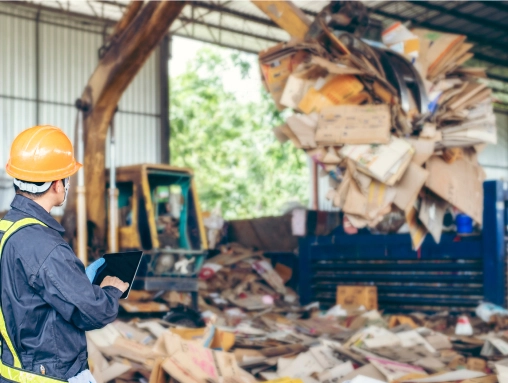
Industrial compactors are used across a variety of sectors for multiple applications:
1. Waste Management
Compactors reduce the volume of general waste in facilities such as hospitals, malls, and office buildings, making disposal more efficient and cost-effective.
2. Recycling
They are essential in recycling operations to compress materials like paper, plastics, and metals, facilitating easier handling, transportation, and processing.
3. Manufacturing
In manufacturing settings, compactors help manage production waste by reducing its volume, thereby minimizing the space needed for waste storage.
4. Food Processing
These compactors handle organic waste and by-products, improving hygiene and reducing disposal costs.
These applications highlight the versatility of compactors in contributing to more organized and sustainable waste management practices.
Benefits of Industrial Compactors
Industrial compactors offer numerous benefits that streamline operations and promote sustainability:
1. Reduced Waste Management Costs
By decreasing waste volume, compactors lower the frequency of waste collection and disposal, which can significantly reduce overall waste management expenses.
2. Enhanced Efficiency
Compactors streamline the handling, storage, and transportation of waste materials, making operations more efficient and less labor-intensive.
3. Environmental Benefits
Compacting waste reduces landfill usage and encourages recycling, contributing to better environmental sustainability.
4. Improved Workplace Safety and Hygiene
Compactors help keep work areas clean and debris-free, preventing accidents and improving workplace hygiene.
These advantages make industrial compactors essential in modern waste management and recycling operations.
Considerations When Choosing a Compactor
When selecting an industrial compactor, consider several vital factors to ensure it meets your operational needs:
1. Size and Capacity:
Assess the volume of waste your facility generates to choose a compactor with a suitable capacity.
2. Type of Waste:
Different compactors are better suited to other kinds of waste (e.g., wet, dry, bulky). Match the compactor type with the waste materials your facility produces.
3. Space Availability:
Consider the physical space available at your facility. Make sure the compactor fits comfortably and allows for easy operation and maintenance.
4. Budget:
Evaluate the initial investment and the ongoing operational costs, including maintenance and repairs. Opt for a model that offers a balance between price and functionality.
5. Regulatory Compliance:
Ensure that the compactor complies with all relevant environmental and safety regulations to avoid legal issues and promote workplace safety.
By carefully assessing these factors, you can choose a compactor that optimizes your waste management process and delivers long-term value.
Maintenance and Safety
Regular maintenance and strict adherence to safety regulations are crucial for the effective and safe operation of industrial compactors:
1. Regular Maintenance
Arrange routine inspections and maintenance to ensure that all mechanical components are in good working condition and prevent accidental malfunctions. This includes checking the hydraulic system, electrical components, and structural integrity.
2. Safety Training
Provide comprehensive training for all operators on correctly using compactors, emphasizing safety procedures and emergency protocols.
3. Safety Features
Ensure that the compactor is equipped with safety features such as emergency stop buttons, interlocking systems, and protective devices to minimize the risk of accidents.
4. Compliance with Standards
Adhere to industry safety standards and regulations to ensure legal compliance and worker safety.
These practices not only extend the service life of the compactor but also protect the health and safety of workers.
Conclusion
Understanding the various types and applications of industrial compactors is essential for any organization looking to improve its waste management system.
By carefully considering the specific needs of your operations—such as waste volume, material type, and available space—you can select the right compactor that enhances efficiency, reduces costs, and promotes environmental sustainability.
Regular maintenance and strict adherence to safety protocols are also crucial to maximize the equipment’s lifespan and ensure its operators’ safety.

